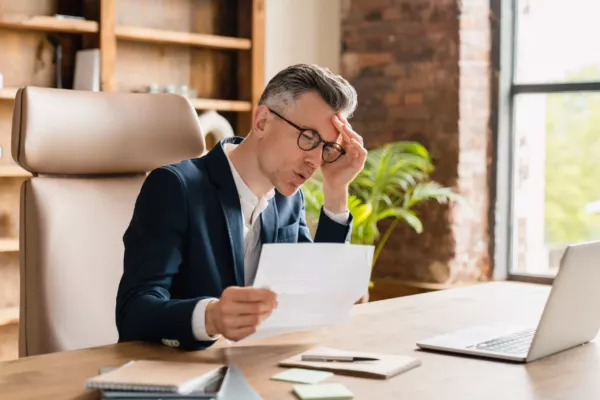Are you after the bankruptcy protection that filers get when they petition for bankruptcy? If you’re a debtor in financial distress and you think that the automatic stay bankruptcies put in place will give you enough time to work out your financial problems without being hounded by the persistent debt collection efforts of your creditors and other collection agencies, a bankruptcy filing may very well be the inevitable solution. You have to keep in mind though that you must take certain steps before and after filing for bankruptcy. Thus, preparing for bankruptcy is essential.
How to Prepare for Filing Bankruptcy
-
Minimize Funds in Your Bank Accounts.
Your bank account funds are typically nonexempt. Therefore, your bankruptcy trustee may take some money from them to help you in debt settlement. It’s best to only have a little amount since bank accounts are rarely included in bankruptcy exemptions. When they are not among non-exempt assets, the coverage is still isn’t considerable. Also, your bank might freeze your account when it finds out that you’re filing for bankruptcy. You can get your trustee to ask for the freeze to be lifted. However, to avoid any significant negative impact on your bank account funds, it’s best not have a lot when you do petition for personal bankruptcy.
-
Preempt set-offs.
If you’re considering filing for bankruptcy, make sure to prevent potential set-offs as they could mess with your finances. For instance, having a loan debt or a credit card debt with a bank where you also have an account with funds could trigger a set-off, meaning the bank can use the money to pay back what you owe. Another instance involves security deposits with utility companies. When it comes to your utilities like gas and electricity, you need to either pay your debts or add to the deposit before declaring bankruptcy if you don’t want to have to pay an entirely new deposit. Remember that utility provider cannot stop their services for failure to make payments when their debtors declare bankruptcy.
-
Halt automatic payments.
 For creditors to stop making automatic deductions from your account or paycheck, they have to receive notice that you have filed for bankruptcy. It may take a week or longer, so you might want to notify them yourself or get your bankruptcy lawyer to do it. Don’t forget to include the bankruptcy case number, the filing date, and the bankruptcy court. Take the time to stop any automatic deductions and payments that you’ve allowed before you file for bankruptcy protection. Failure to do so could compromise your monthly income so you can’t afford your living expenses. Pay attention to automatic charges to your credit card as well as automatic payments for what bankruptcy law counts as dischargeable debt.
For creditors to stop making automatic deductions from your account or paycheck, they have to receive notice that you have filed for bankruptcy. It may take a week or longer, so you might want to notify them yourself or get your bankruptcy lawyer to do it. Don’t forget to include the bankruptcy case number, the filing date, and the bankruptcy court. Take the time to stop any automatic deductions and payments that you’ve allowed before you file for bankruptcy protection. Failure to do so could compromise your monthly income so you can’t afford your living expenses. Pay attention to automatic charges to your credit card as well as automatic payments for what bankruptcy law counts as dischargeable debt.
File Bankruptcy with Prudence. Get Legal Advice from a New Jersey Bankruptcy Attorney Today!
To file for bankruptcy strategically, the counsel of bankruptcy lawyers is invaluable. To navigate bankruptcy proceedings toward the best outcome, engage the services of a bankruptcy lawyer. Bankruptcy filings are more than just filling out bankruptcy forms and submitting pertinent documents. Guidance from bankruptcy attorneys start before filing and continue even after the bankruptcy discharge.
Preparing for bankruptcy is important. You must determine if liquidation or reorganization is more suitable, to know how to file correctly to avoid hitches along the way and to make sure that you don’t go against any of the bankruptcy laws. If you want debt relief through bankruptcy, call us.



